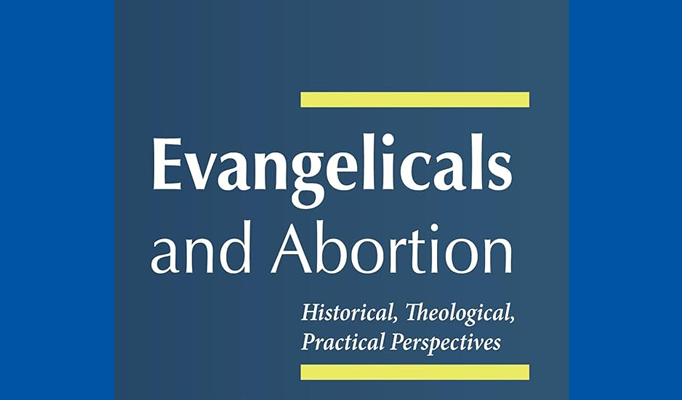
Anyone who spends time in or around pro-life circles knows that unborn children are created in the image of God. But what does that mean? In February of last year, shockwaves reverberated throughout much of American media, political, legal and medical circles when the Alabama Supreme Court ruled that embryos created through in vitro fertilization (IVF) are persons under state law, citing the image of God as the basis of that law. Even some Christians question whether this is the case. A book called Abortion: The Personal Dilemma by a UK pastor/physician which exercised considerable influence on both sides of the Atlantic in the early 1970s even stated that human life begins at birth. It is rare to hear that position advocated in Christian circles today, but it may surprise readers to know that until the late 1970s evangelical Christians were divided on the issue. The now common understanding that life and personhood begins at conception, leading to widespread opposition to abortion, was considered to be a “Catholic” issue.
In my 2024 book Evangelicals and Abortion: Historical, Theological, Practical Perspectives, I trace the development of evangelical views on the subject from the early church to the present. A deciding factor in bringing evangelicals on board the pro-life movement was the Schaeffer-Koop film series and book, Whatever Happened to the Human Race? My wife, Margaret, and I attended the world premiere of the film series in Philadelphia in 1979 and shortly thereafter joined what was then the Christian Action Council (CAC), an evangelical organization that had been formed in Billy Graham’s home to press for legal changes to abortion. In 1981, we moved to Vancouver, BC, and shortly thereafter Christians for Life (CFL) was formed as an affiliate of the CAC, with Margaret as founding president. The goal of CFL was to promote an explicitly Christian pro-life approach in educating local churches and seeking to motivate interest, support and prayer. Margaret also organized the annual Mother’s Day Right to Life march and was the CFF representative on the BC Pro-Life Board.
The desire to begin a Vancouver Crisis Pregnancy Centre had preceded the formation of CFL and some initial research had been done, prompted by several developments, including the showing of Whatever Happened to the Human Race? in February of 1981, sponsored by a pastors’ fellowship. Then, after the formation of CFL, two of its members (Chris Robertson and her daughter-in-law, Sandra) recruited six others, mostly from CFL, to form a steering committee in 1983 that got in touch directly with the CAC which at that time was combining political advocacy with the establishment of CPCs in the USA. Following training by a CAC representative, the Vancouver CPC was established in 1985 with some 20 supporting churches.
The Vancouver CPC is now an outreach of the Christian Advocacy Society of Greater Vancouver, that also includes a CPC in Burnaby (a suburb of Vancouver), Burnaby Safe House, Online Care Canada, Post Abortion Community Services, and Rape Victims Support Network. Similar organizations now exist across Canada, as well as the United States and other countries. (A separate organization, Pregnancy Concerns, had been established in Coquitlam in 1979 and is a service of the Community Pregnancy Concerns Society.)
Meanwhile, the CAC in the USA has changed its name to Care Net, abandoned its direct political involvement, and now focuses on CPCs and related ministries as the most effective means of providing a biblically based alternative to abortion. There are now more CPCs in the USA than there are abortion clinics.
From among those involved in setting up the Vancouver CPC, Brian Norton went on to become co-founder of Pregnancy Care Canada and the Christian Advocacy Society of Greater Vancouver, the latter of which he served for 30 years as Executive Director. Brian has kindly said of my book, “I cannot think of a more scholarly publication on this solemn subject matter. For anyone interested in a comprehensive, authoritative, and relevant discourse on abortion, this book is an indispensable read.” Who am I to argue? For readers who might be scared off by the words “scholarly” and “comprehensive,” I am happy to return Brian’s favour by recommending his much shorter and highly readable, well-researched and illuminating Being Human: Abortion and the Church (see Light Magazine, October 17, 2024) as an excellent companion. Both books are available on Amazon, as well as on other online sources. Mine can also be purchased at Better Books and Bibles in Calgary, AB.

Leave a Reply